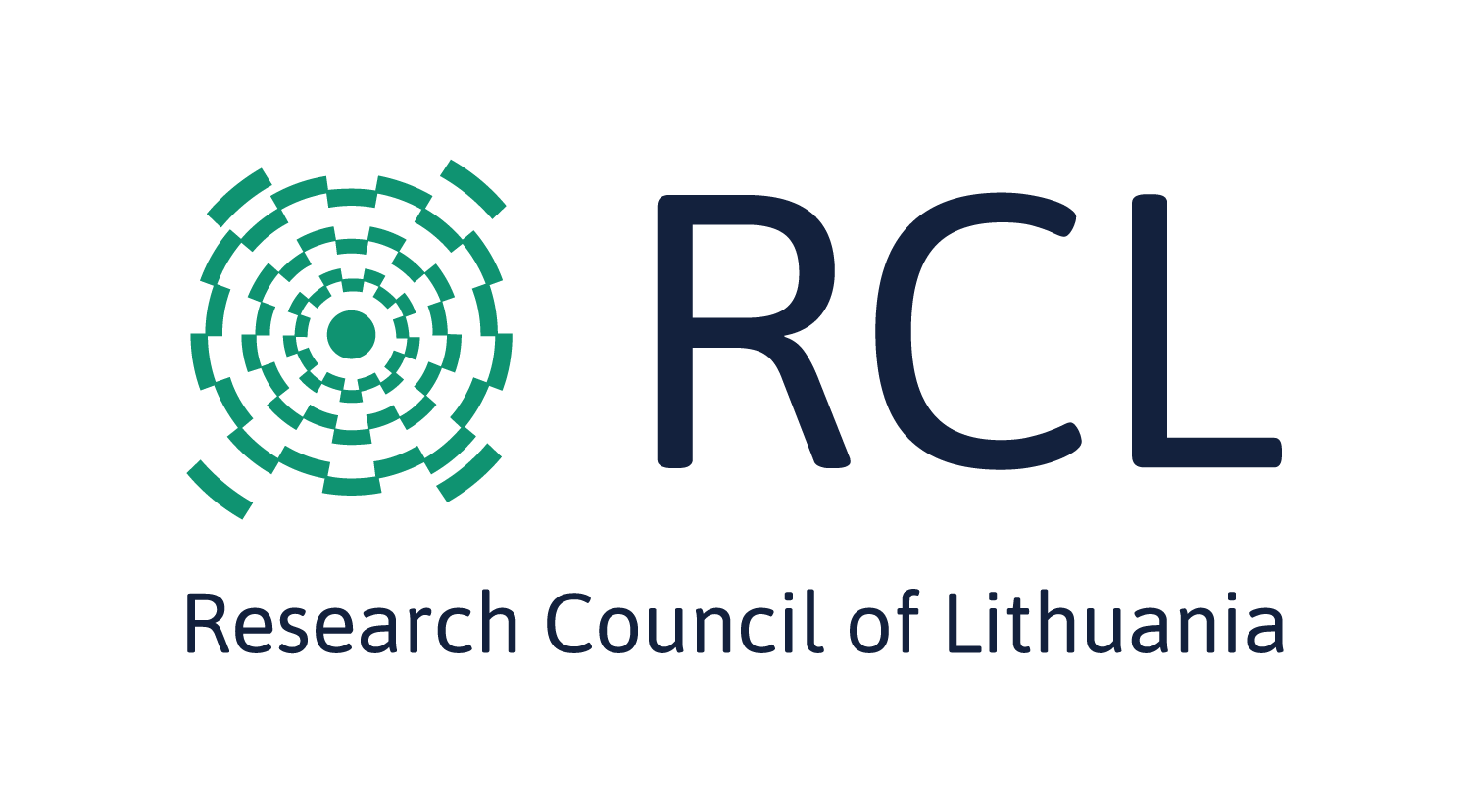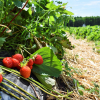Humans have influenced the climate system, and there has been a global increase in temperature since 1901. The climate continues to change due to anthropogenic influences, and the temperature will increase further during the coming years. This is also true for the Nordic-Baltic area. In the south and west, the temperature is expected to be similar to the global average increase, while the northern and eastern areas are expected to have a higher increase in temperature.
In addition to the increase in temperature, other changes are expected, for example, an increase in extreme weather events, changes in precipitation patterns, reduction in snow cover and rise in sea levels. The changes in climate will affect agriculture and influence food and feed security in the Nordic region in several ways. Some can be positive such as prolonged duration of the growing season or increased CO2 stimulating photosynthesis, while others, such as increased CO2 emission due to increase in respiration, drought, floods or influx of new pests and diseases, will have a negative effect.
The weather-wise diametrically opposed summers 2017 and 2018 have made the public aware that climate change is here and not something that only will happen in the future. The drought in 2018 demonstrated the risks with a shortage of domestic animal feed, and farmers were forced to import fodder for their animals. However, the feed shortage occurred all over Europe, which resulted in the import of animal fodder of substandard quality and with the increased risk of carrying plant and animal diseases and new weeds.
1) Plants adapted for future Nordic and Baltic conditions
There is a need for research on topics of relevance for food security and climate change adaptation, such as research on effects of projected climate change on physiology, yield (productivity), and resistance of plants to multiple abiotic (e.g., extreme temperatures, drought, waterlogging) and biotic (e.g., pathogens and pests) stress factors. Also, research on the impacts of genotype (including root system and microbiome) and environmental conditions and their interactive effects on yield and resistance of plants are needed in order to find suitable genotypes adapted to climate change.
2) Increased local and regional protein production for food and feed
Locally grown protein is needed for sustainable food and feed security. There is a need for suitable cultivars adapted for northern growing conditions and research on agronomic practices, including their environmental benefits and potential risks for pests and diseases.
3) Plants and soil as a carbon sink
More research is needed to find out which measures are, in the climate change mitigation point of view, the most cost- and resource-efficient to sequestrate and store carbon in plants (e.g., cover and perennial crops) and soil, without increasing harmful effects on the environment. Research on plant and soil interactions and the role of microbial biodiversity on the ecosystem C balance is crucial for determining the best possible agronomic practices that ensure sustainable agriculture in the changing climate.
4) Transformation towards climate-smart and profitable local and regional agriculture
There is a need to modify agricultural policies and incentives to promote a change towards climate-smart agriculture, and profitability and social sustainability of Nordic agriculture, as well as security of supply.
Committee
- Per Hansson, NordForsk, Chair
- Katrin Saar, the Estonian Research Council
- Maarja Malm, Chief Specialist, Ministry of Regional Affairs and Agriculture, Estonia
- Suvi Broholm, Research Council of Finland
- Suvi Ryynänen, the Ministry of Agriculture and Forestry of Finland
- Ægir Þór Þórsson, Rannís
- Laura Kostelnickiene, the Research Council of Lithuania
- Simona Bieliauskaite from the Ministry of Agriculture of the Republic of Lithuania
- Nina Elisabeth Solheim, the Research Council of Norway
- Jessica Ekström, Formas – the Swedish Research Council for Environment, Agricultural Sciences and Spatial Planning
Funding and funding partners
The total budget is approximately 61 million NOK.











